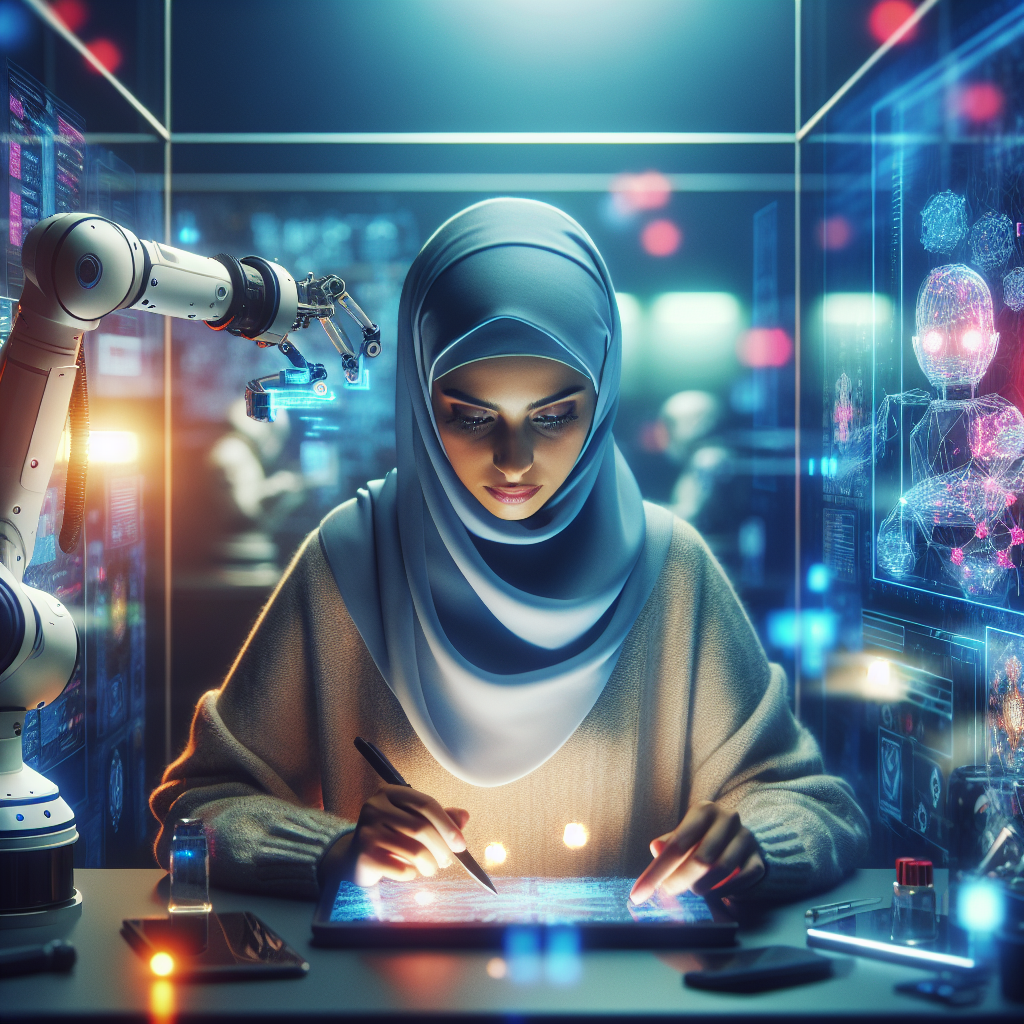AI's Role in Scientific Discovery: Revolution or Risk?
AI is being developed to automate scientific discovery, with Sakana AI Labs announcing an 'AI scientist' capable of conducting experiments and writing papers in machine learning. However, the efficacy and novelty of these AI-generated papers are questioned, raising concerns about the future implications for the scientific community.

- Country:
- Australia
Sakana AI Labs has unveiled an 'AI scientist' capable of automating the process of scientific discovery, leveraging generative large language models. The system can ideate, execute, and document scientific experiments in machine learning, allegedly costing just USD 15 per paper.
However, the novelty and quality of these AI-generated papers remain contentious. Critics have labeled the output as 'endless scientific slop,' questioning if an AI can judge research quality or introduce true innovation.
The influx of AI-generated papers could overwhelm the already burdened peer review system and deteriorate the trust upon which science is built. The potential future wherein AI plays a pivotal role in science warrants a discussion on its ethical and practical implications.
(With inputs from agencies.)










